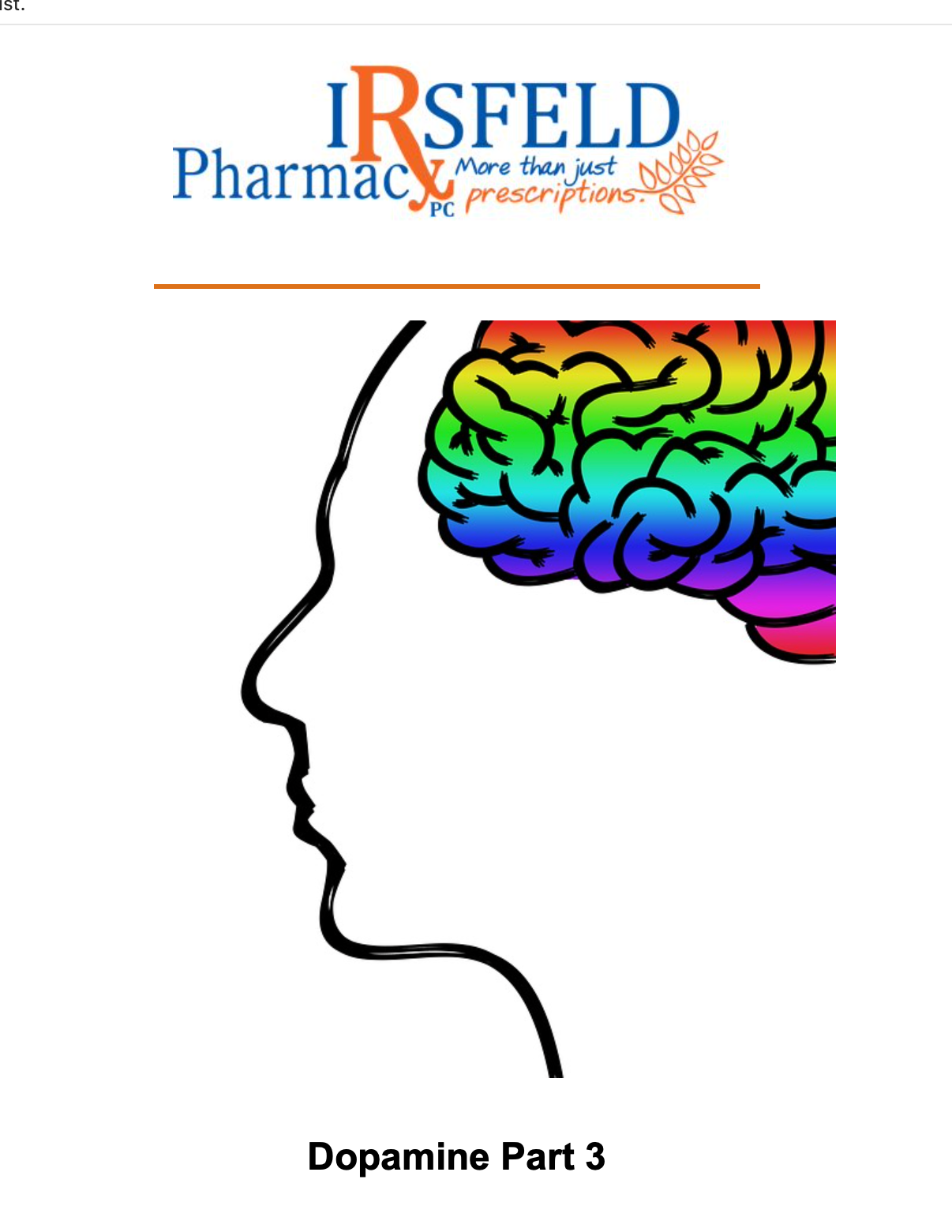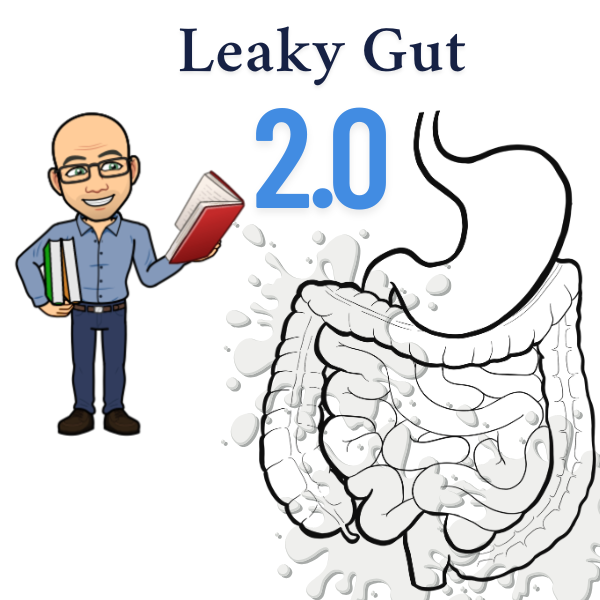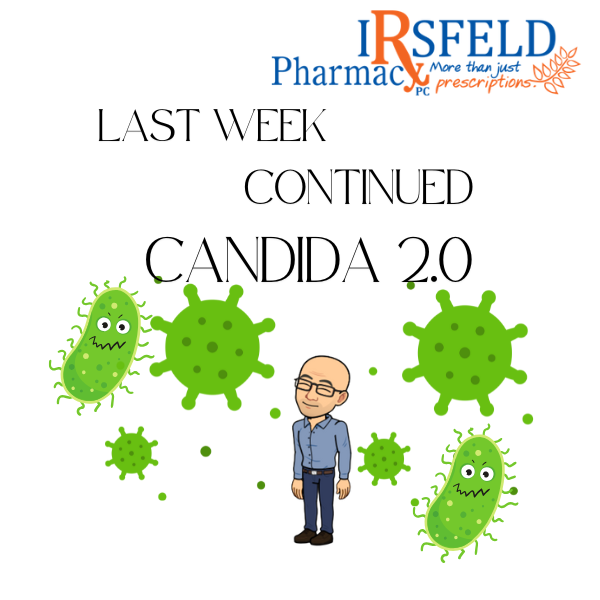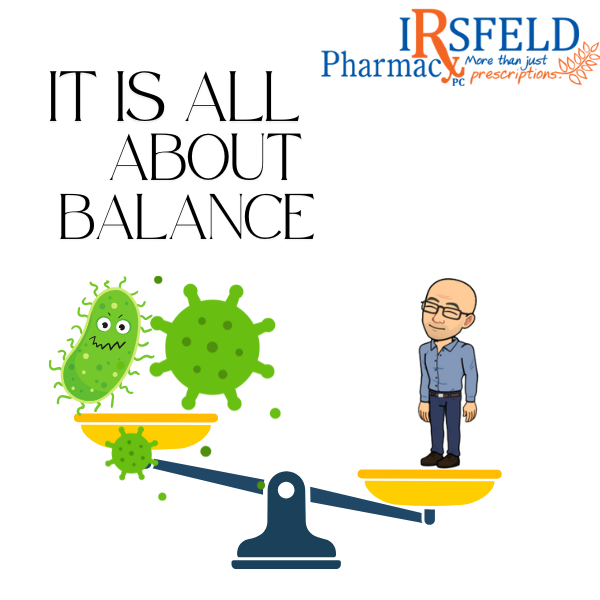This is the last article to wrap up the dopamine discussion.

My last two articles have covered a ton of information on the effects of dopamine in our systems and specifically how low levels can adversely affect our mood, motivation, and how we learn. Today's article will give some insight into what occurs when we have too much or high dopamine levels in our bodies and the potential effects that can occur when this happens. I will also discuss how targeted nutrients can play a role in normalizing these high dopamine levels.
Dopamine: the brain's feel-good chemical. It's what keeps us motivated, focused, and feeling rewarded. But what happens when there's too much of a good thing? Elevated dopamine levels can have some surprising effects on our bodies and minds. Let's dive in and explore the ups and downs of having too much dopamine.
First, let's review what dopamine does. It's a neurotransmitter, a messenger that carries signals between nerve cells in the brain. When dopamine levels are just right, we feel great—motivated, happy, and ready to take on the world. But when levels spike too high, it can throw things off balance.
One of the most noticeable effects of elevated dopamine levels is increased impulsivity. Have you ever felt you couldn't resist that second slice of cake or buying something you didn't need? That might be because your dopamine levels are running high. Dopamine is involved in our brain's reward system, and when levels are elevated, it can make us more prone to seeking out rewards, even if they're not necessarily good for us.
Along with impulsivity, elevated dopamine levels can also lead to risk-taking behavior. Ever find yourself doing something a bit reckless, like taking a dare or making a snap decision without thinking it through? High dopamine levels might be driving that behavior. Dopamine is linked to the brain's pleasure and reward pathways, and when levels are elevated, it can make risky activities seem more appealing.
But it's not just our behavior that's affected by elevated dopamine levels – our mental health can take a hit, too. One potential consequence is increased anxiety. While dopamine is often associated with feelings of pleasure and reward, it's also involved in the body's stress response. When dopamine levels are too high, it can ramp up that stress response, leading to feelings of unease or even panic.
Similarly, elevated dopamine levels have been linked to psychotic symptoms such as hallucinations and delusions. While dopamine isn't the sole cause of these symptoms, it does play a role in regulating perception and thought processes. When levels are elevated, it can disrupt these processes, leading to experiences that feel disconnected from reality.
If we had to sum up the conditions and symptoms that can potentially evolve from too much dopamine, the list would include anxiety, panic, worry, increased heart rate, high blood pressure, insomnia, paranoia, aggression, schizophrenia, and even chronic pain. All of the above can point towards elevated dopamine levels. What do you do if some of these symptoms/conditions are areas you currently experience? You could test your levels by utilizing companies that can test neurotransmitters like dopamine to find out if you have an imbalance or if you can make lifestyle modifications. The standard of care is to look at symptoms as a guide to elevated dopamine.
What causes dopamine levels to soar? There are a few factors that can contribute to this imbalance. One common culprit is substance abuse. Drugs like cocaine and methamphetamine can cause a rapid increase in dopamine levels, leading to the intense feelings of euphoria and energy that users experience. Over time, repeated drug use can dysregulate the brain's dopamine system, making it harder for it to return to baseline levels.
Certain mental health conditions can also lead to elevated dopamine levels. For example, conditions like bipolar disorder and schizophrenia are associated with abnormalities in dopamine signaling in the brain. In bipolar disorder, dopamine levels can fluctuate dramatically between episodes of mania and depression, contributing to the extreme mood swings characteristic of the disorder. In schizophrenia, elevated dopamine levels have been implicated in the development of psychotic symptoms.
Genetics may also play a role in determining individual differences in dopamine levels. Some people may have gene variations that affect how their bodies produce or respond to dopamine, making them more susceptible to level fluctuations.
So, what can be done to manage elevated dopamine levels? Treatment will depend on the underlying cause. For individuals struggling with substance abuse, seeking help from a healthcare professional or addiction specialist is crucial. Treatment may involve therapy, medication, or a combination of both to address the underlying issues driving substance use and help restore balance to the brain's dopamine system.
For those with mental health conditions like bipolar disorder or schizophrenia, medication may be prescribed to help regulate dopamine levels and manage symptoms. These medications, known as antipsychotics, work by blocking the action of dopamine in the brain, helping to reduce psychotic symptoms and stabilize mood.
Alternative options to help patients with elevated dopamine look at the underlying cause of the increased levels and address these causes. Genetic testing can determine if you have a genetic mutation that prevents the breakdown of dopamine. We have a specific enzyme called catechol-O-methyltransferase or COMT, which breaks down catecholamines like dopamine. Your levels can remain elevated if your body cannot perform this task due to a mutation.
If you find that you have a COMT mutation, you may consider supplementing with SAMe, a methyl donor for COMT, magnesium glycinate, which supports the stress response associated with low COMT, and the use of a vitamin B12 that is in the form of methylcobalamin or hydroxocobalamin, once again supporting COMT pathways.
Another way to affect the dopamine imbalance is to suppress dopamine release, which can be done with products like ashwagandha, melatonin, L-theanine, niacinamide, EGCG, and phosphatidyl serine.
While dopamine is often seen as the brain's feel-good chemical, too much can have some not-so-feel-good effects. Elevated dopamine levels can lead to increased impulsivity, risk-taking behavior, anxiety, and even psychotic symptoms. Understanding the factors that contribute to elevated dopamine levels and seeking appropriate treatment when needed can help individuals manage these effects and maintain their mental health.
If you would like help or more information about the effects of dopamine in your system, do not hesitate to contact my pharmacy staff to schedule a consultation at 701-483-4858. My articles can be found online at our website, www.irsfeldpharmacy.com. My podcast, "The Irsfeld Pharmacy Optimal You Podcast," can also be accessed through the website.
Until next time, be vigilant about your health!!












Share On: